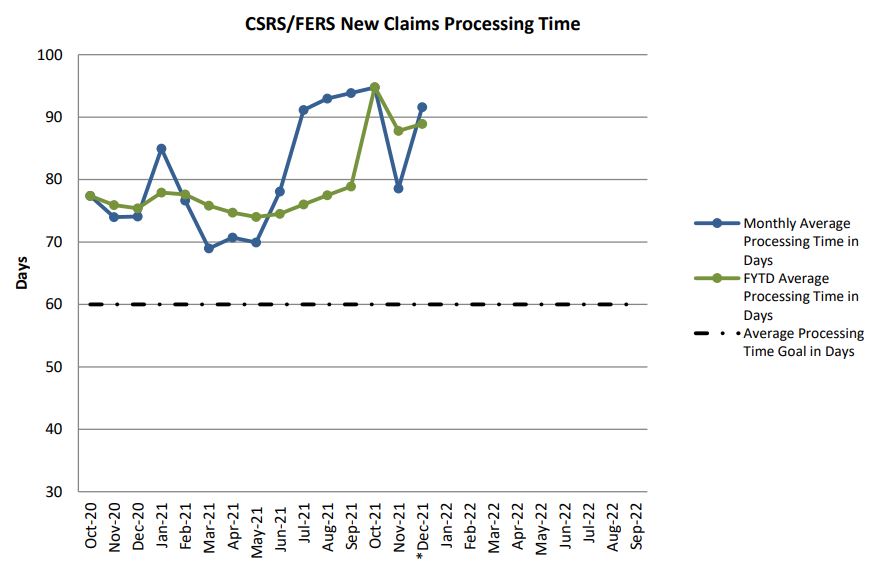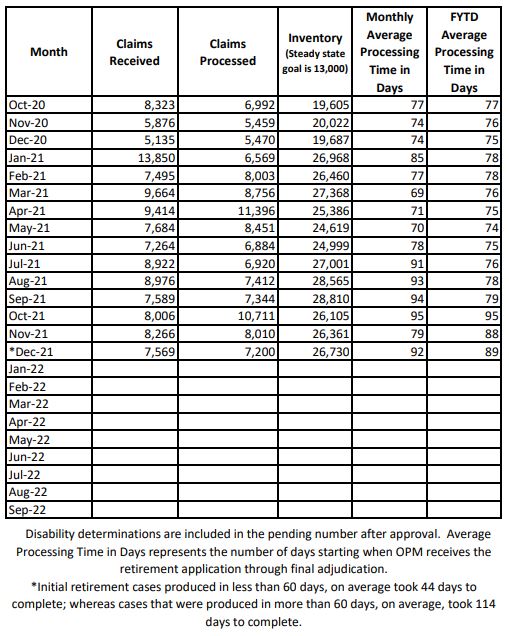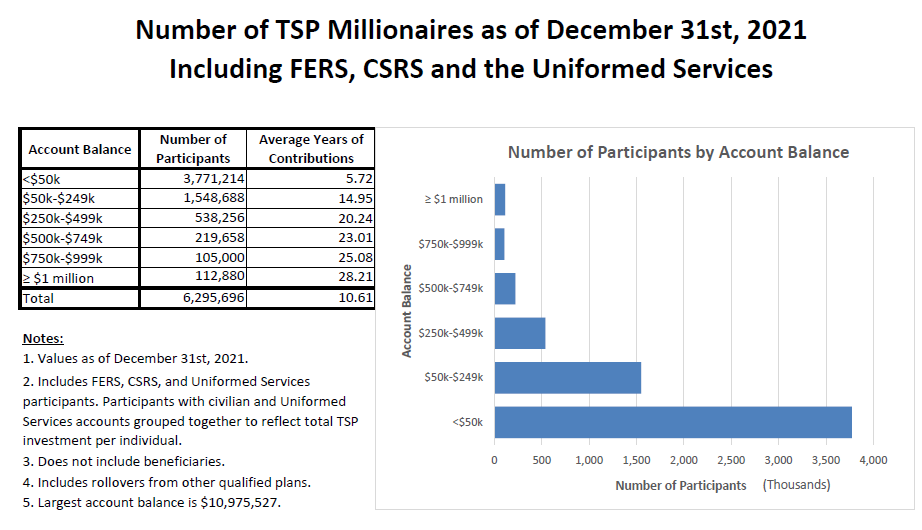While Mike Causey is away, please enjoy this column from the archives.
Did your son or daughter marry the wrong person? Lots of them do, it turns out! As in really wrong. Unstable. Maybe a gambling or drug problem? Violent? Decades-between-paying jobs? Concerned about the welfare of a surviving spouse, children or grandchildren?
Often what you can do in person is limited. Support, advice, concern. But what about when you are no longer around? When your estate — and you very likely have one — is being settled. Do you let the courts decide? Perhaps unwittingly encourage rivalry among your survivors? Fear that whatever you built or acquired — money, property, insurance — will be lost? Or taken by the wrong people?
There are things you can do now.
Tom O’Rourke is a Washington area attorney who specializes in tax and estate law. Many of his clients are current or former feds. Several are TSP millionaires. Others are on track to become one soon — fingers crossed! He’s also a former IRS lawyer. Been there, done that!
Tom is going to be my guest today on Your Turn at 10 a.m. ET. You can listen live streaming here or on the radio at 1500 AM in the Washington D.C. area. The show will also be archived on our website so you can listen again, listen later or recommend it to a fed friend. He’s written this outline on how to avoid the most common estate planning errors. Starting with the all-important but often overlooked or outdated beneficiary notifications. Here’s his 8-point guide:
- Overlooking beneficiary designations, or failing to keep beneficiary designations up to date. For federal employees virtually all of your job related benefits (annuity, TSP, accumulated salary, life insurance) are governed by beneficiary designations. These beneficiary designations always supersede the terms of any will or trust.
- “Selling” property for a nominal amount (i.e. selling your home to your child for $1). This can cause a variety of estate, gift, and income tax issues.
- Naming specific investments in your will or trust. How does the sale or disposition of the named asset before your death affect any specific bequests you may have made?
- Not thinking through the practicalities of leaving real estate to your children in equal shares.
- Making a specific bequest to a minor. Until a person become an adult, he/she cannot legally own property. Who is going to manage this bequest for the child? Most likely, it will be the child’s guardian – who could be your former spouse? Is that what you intended.
- Failing to plan for the death of a person named as a beneficiary in your estate plan. If you leave a bequest to a beneficiary and that person dies what happens to the bequest. Does it pass to the beneficiary’s children, or does it revert to the estate?
- Failing to include a residuary clause in a will or a trust. A residuary clause disposes of all assets not specifically mentioned in a will or a trust. For example, Mary writes a will that makes specific gifts of $500,000. What happens it f the value of her assets is more or less than $500,000? A residuary clause should address this issue.
- Failing to deal with unexpected contingencies. What happens if a primary beneficiary (often an adult child) develops a substance abuse problem or divorces his/her spouse?
Developing an effective estate plan requires a consideration of the “what-ifs” and hopefully can avoid problems that may occur after your death.
Nearly Useless Factoid
By David Thornton
While most frogs spend the winter dormant, hibernating deep under water, Alaskan wood frogs freeze solid during the winter. Their hearts stop beating and they stop breathing. Ice encases the internal organs and forms between the muscles and skin. Even their eye lenses freeze. But a glucose solution produced in their livers prevents their cells from freezing, which is what keeps them alive. No one is sure what causes their hearts to start beating again when they thaw.
Source: National Park Service








